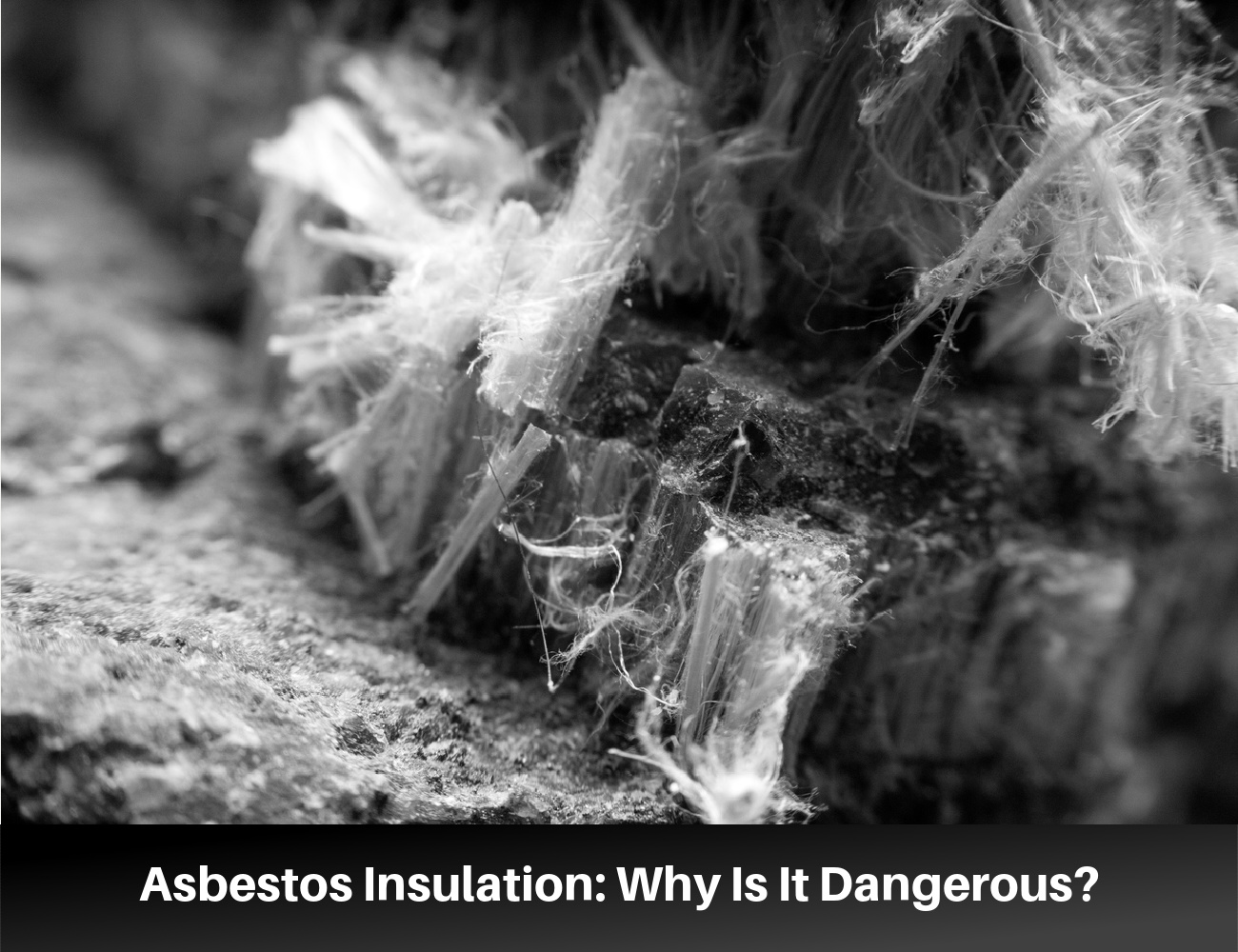Butcher block countertops are individual pieces of wood bound together to form one large surface. They come in different wood species, which affect their color and grain pattern.

There are two ways in which pieces of wood are joined together in butcher block: edge grain and end grain. Edge-grained countertops have longer horizontal pieces finger-joined together and are the most common type. End-grain construction uses short vertical pieces bound together, resembling a tone-on-tone checkerboard.
Types of Wood for Butcher Block Counters
Close-grained woods are ideal for countertops making cherry, walnut, and maple top choices. Hard rock maple is one of the most popular butcher block materials since it has a tight grain and is less expensive than cherry or walnut. You can also find these counters made from oak, birch, beech, acacia, bamboo, and exotic woods like iroko and zebrawood.
Cost for Butcher Block Countertops

The price of butcher block countertops varies by species of wood, the thickness of the countertop, and overall quality. Expect to pay anywhere from $50-$300 per square foot to purchase and install your countertops.
How to Care for Butcher Block Countertops
Wood counters like butcher block require ongoing care and maintenance.
Choose the Right Finish
After installation, you need to decide on the best finish option for your counters. There are several to choose from, each with a different level of maintenance.
- Natural Finish – If you intend to prepare food on your countertops, use a finish that is food-safe. Natural finishes like mineral oil, tung oil, and beeswax are good options. These have a beautiful look when you first apply them, but they will wear away in short order. If you like the look of the natural finishes but don’t want the constant maintenance, consider a hardened tung oil and resin product like Waterlox or Watco Butcher Block Oil and Finish. These will keep your countertops looking good for a longer time.
- Stain – If you want to change the color of the countertops, you’ll need to stain and seal them. Choose either a water-based or oil-based stain formula and a coordinating sealer.
- Polyurethane – Polyurethane is a clear coat you can apply to your countertops. While it’s long-lasting, it’s not food safe, so don’t prepare food directly on your counters.
How to Clean Butcher Block
In order to prevent large-scale damage to your countertops, clean your butcher block countertop on a regular basis.
- Clean up any spills as they happen since they can stain your countertops.
- Scrape up food residue being careful not to nick the countertops.
- Scrub the countertops with a scrub brush using mild soap and hot water. Rinse the countertops with some water and a soft cloth.
- Once each week, sanitize your countertops with white vinegar. Spray undiluted vinegar on the countertops. Allow it to sit for a few minutes, and then wipe away.
- Dry the countertops.
Maintain Your Butcher Block Countertops
Butcher block countertops require ongoing maintenance to keep them in good shape.
- If you have a natural finish like mineral oil or beeswax on your countertops, you need to reapply it every 2-4 weeks to keep your countertops conditioned.
- Prevent damage by never placing scalding pots or dishes on your butcher block kitchen countertops.
- Use cutting boards to prevent cuts and scratches
- Remove stains on your butcher block countertops with lemon juice, one cup of water, and a tsp of hydrogen peroxide. Rub this solution on the stain with a damp cloth and then wipe dry. You can also try rubbing the stain with lemon and salt.
- If your butcher block countertops show scorches, stains, or scratches, you can sand them down. Take 220 grit sandpaper, and sand down the damaged areas. Clean the counters and then reapply your finishing coat.
- Avoid cleaners that contain bleach or harsh chemical cleaners. Do not use scouring pads with stiff bristles, as they may damage the finish. Some fabricators also warm against using products like Murphy’s Oil Soap which leaves an oily residue on the wood.
Butcher Block Countertops: Pros and Cons

Pros
- Cost – Butcher block countertops cost much less than natural varieties like marble but still have a high-end look.
- Versatility – Butcher block countertops work with every style of kitchen, from modern to traditional. You can also mix them with other counter materials.
- Look and Texture – No other countertop will match the lovely tones and warm texture of butcher block.
- Longevity – With proper care, butcher block countertops will last for around 20 years.
- Ability to Refinish – Unlike synthetic countertops, it is easy to sand down and refinish butcher block.
- Installation – Butcher block countertops are easy for DIYers to install.
Cons
- Cost – Butcher block countertops cost more than laminate, Corian, and sometimes granite.
- Non-resistance – Wood is not as resistant as stone to heat and scratches.
- Maintenance – Wood countertops require regular care and maintenance.
- Dust and Grime – Dust and grime do not disappear on butcher block countertops like they do on variegated surfaces like granite or quartz.
Butcher Block Countertop Design
Butcher block countertops work well with diverse kitchen designs. We have gathered some of the best for your inspiration.
Butcher Block Counters in a Contemporary Kitchen

Jaffe Architecture + Interiors designed this contemporary-style kitchen. They used a thick walnut butcher block countertop to adjoin the quartzite counters. This gives the owners a striking food prep area that is close to the sink.
Butcher Block Counters in a Historic Home

This kitchen design from Balding Brothers Restoration and Remodeling includes a farmhouse sink, butcher block countertops, and shaker cabinets. These work well with a historic kitchen design that includes modern conveniences.
Modern Traditional Kitchen with Dark Butcher Block Counters

This kitchen design features design elements of contrast. AKDO uses white cabinets with dark butcher block to give the room more depth.
Light Butcher Block Countertops with a Farmhouse Kitchen

One popular trend in butcher block countertops is to pair them with white cabinets. This interior designer chose a thick maple countertop for the central island.
Frequently Asked Questions (FAQ)FAQ
Are butcher block countertops a good choice?
Countertops are a personal choice. Butcher block countertops are no different. Some people love the natural beauty, layered texture, warmth and cost of butcher block countertops. People like this are willing to put up with the maintenance required to keep these countertops looking great. To other people, the regular maintenance is too much. Other people may not like the way they look.
Are butcher block countertops easy to maintain?
Butcher block countertops are not difficult to maintain. But the maintenance they require is on a regular basis. There are some finishes like hardened tung oil with resin and polyurethane which create a more lasting finish.
Where can I find butcher block countertops near me?
There are many suppliers that carry butcher block counters. These include small woodshops and large home improvement stores like Lowes and Home Depot. In many large cities, an IKEA butcher block countertop is one of the most popular options. IKEA butcher block countertops are made using thick veneers. You can find oak, walnut, birch, and ash veneer butcher block countertops.
Which is the best kind of butcher block wood?
Maple is one of the most popular options for butcher block countertops. It is hard, has an attractive tight grain, and it is inexpensive. Cherry and walnut are other good options if you prefer a rich color.



